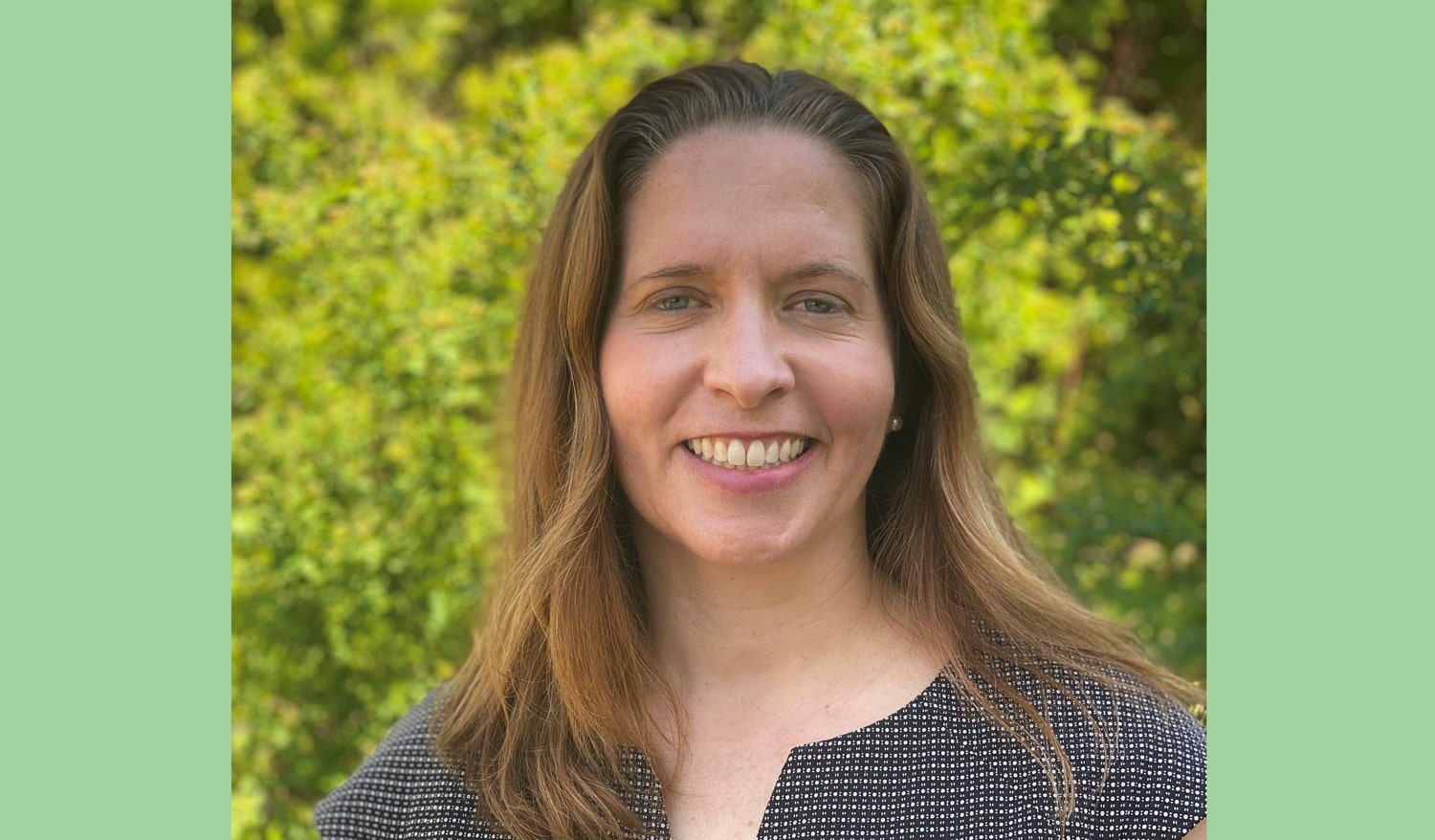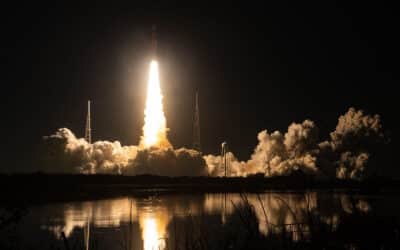Interviewed by Dru Jay for GeoengineeringMonitor.org
Jennie Stephens is a Professor of Sustainability Science and Policy at Northeastern University. She has studied energy democracy and fossil fuel divestment. Her recent research focuses on geoengineering and who is promoting and developing it. Her forthcoming book is Diversifying Power: Why We Need Antiracist, Feminist Leadership on Climate and Energy.
In your paper “The hidden injustices of advancing solar geoengineering research” you and Kevin Surprise argue that current solar geoengineering research initiatives “serve to reinforce existing systems that concentrate wealth and power and perpetuate global inequities and injustices.” How do they do that?
Solar geoengineering research is being advanced by a small group of primarily white male scientists at elite institutions in the Global North – Harvard’s Solar Geoengineering Research Program has been taking the lead. The research has, so far, been funded primarily by philanthropic gifts from white male billionaires (including Bill Gates and others) who are part of the polluter elite profiting from continued global reliance on fossil fuels. By advancing solar geoengineering research, these wealthy people, mostly men, are resisting the transformative social changes that are needed for climate justice, economic justice and racial justice. Solar geoengineering is, therefore, an extreme, expert-elite, male-dominated, white supremacist, technocratic intervention that would further concentrate political and economic power to those who currently have control, power and influence.
From a narrow climate isolationist perspective, sending a continuous fleet of airplanes to fly around the globe to disperse aerosols to cool the planet may seem like a good idea. Leading solar geoengineering scientists claim that this method would be relatively cheap and effective in reducing global average temperatures.
But from a broader people-first, social justice perspective, questions regarding how this would be governed and who would be included and excluded in the benefits as well as the control of this global manipulation of Earth’s climate system reveal multiple hidden injustices. Not only are there huge risks of unintended consequences to people and communities around the world who will have no say in whether and if this intervention is deployed, but researching solar geoengineering itself is dangerous because it reinforces problematic power dynamics that are exacerbating economic injustices and racial disparities.
Many of us who bring antiracist, feminist principles to climate action prioritizing social justice, energy democracy, and a people-first approach to climate justice are frightened by this technological fix because it perpetuates dangerous power dynamics, does not promote the societal transformations that are necessary for a just and sustainable future, and it fails to hold the polluter elite responsible. Also, advancing solar geoengineering research does not address the root of the problem, there is no global governance system to regulate or manage it, and increased attention and investment in solar geoengineering detracts from the transformative social change and social justice that we know is essential.
A lot of your critique is about inequality between countries. Have you found criticism of geoengineering coming from the global south?
Yes, there is concern about solar geoengineering around the world. There is also criticism not just based on geography but based on leadership. People throughout the world are realizing that mostly-white patriarchal leadership has been focusing too much on technocratic investments based on narrowly defined results and quantitative outputs. The prevalence of this rigid male-dominated, competitive leadership style has allowed those with power and wealth to believe it is OK to have control over and dominate everybody else. This approach based on assumptions of domination and competition, has not served us well as it has been exacerbating the climate crisis, reinforcing racial and gender disparities, and excluding diverse voices and perspectives for too long.
You note that a lot of the early funding for solar geoengineering research comes from billionaires or people associated with the financial interests of the super-rich. What effect do you see that having on the direction of the research you’re discussing?
The billionaires who have been funding solar geoengineering research are part of the polluter elite, a select group of extremely rich, powerful, influential decision makers whose extreme wealth, net worth, luxury lifestyle, and political influence rely on their accumulating wealth from their investments which includes polluting activities and upholding oppressive systems that are perpetuating economic injustices. Since the 1980s, economic inequality has worsened dramatically throughout the world as the polluter elite have undermined the role of government and investments for the public good in order to allow corporate profits to balloon. The resulting billionaires do not want to transform the systems that allowed them to get so rich and powerful, and now some of them have chosen to invest in this extreme technological global intervention rather than invest in research on transformative social changes toward a more just, sustainable and regenerative society. Investing in solar geoengineering research is presumably attractive to these billionaires because it advances a climate mitigation strategy that does not threaten or disrupt the systems they rely on for their wealth accumulation.
David Keith has said that “when you actually look at the climate models, the results show they’re strikingly even” in reference to regional changes in precipitation that could be some of the most devastating effects. Does the research support his optimistic conclusions?
Climate models have limited utility in guiding us toward a climate just future because climate models do not include people, politics and power dynamics. The technocratic approach that has dominated climate policy and climate politics over the past few decades has been ineffective in protecting the public good in large part because this approach has been relying too much on models that do not include people, politics and power dynamics. I am increasingly impatient and frustrated by scientists and engineers who continue to advance narrow technological interventions that ignore the power dynamics of the technologies they are promoting. This is increasingly dangerous and I hope that these scientists broaden their view so they become more aware of the risks of their research.
I am optimistic, but my optimism does not come from scientists or engineers, but from social activists and political movements. Both the problems associated with the climate crisis and the problems of growing racial and economic inequities are intricately linked – these problems require transformative politics to disrupt the status quo and restructure society. Solar geoengineering dismisses the potential of transformative politics, including the global climate justice movement, the Sunrise movement, and the Black Lives Matter movement, and reinforces, rather than disrupts, the status quo power structures that are causing climate change and worsening injustices.
I am optimistic because of all the bold leaders and activists who are committed to social justice who recognize how the biggest challenges facing society are linked and that for change to happen these challenges must be addressed together.
There seems to be some debate about the extent to which solar geoengineering could be used by the militaries of powerful countries. What is the range of debate about that, and what is your view?
The militarization of solar geoengineering research is already underway and represents another aspect of hidden injustices. Military and security institutions have been involved in recent solar geoengineering research, and leading solar geoengineering deployment scenarios assume military involvement including technological expertise of defense contractors. Given the military protection of fossil fuel resources in several powerful countries, including the United States, strategic advancement of solar geoengineering could be consistent with military efforts to prolong and protect fossil fuels.
Another major concern relates to the possibility of a single country unilaterally deploying solar geoengineering as a military strategy. Some have speculated that only a few major nation-states are likely to have both the technological capacity and the political legitimacy to deploy solar geoengineering. In an attempt to address these concerns, international governance structures have been proposed to coordinate deployment. Particularly given the rise of authoritarian leaders coupled with the recent decline in international cooperation and international governance, the risks of militarized deployment of solar geoengineering are high.
Is there a good, justice-based way to engage in solar geoengineering research? If so, what is it?
No. In my new book, Diversifying Power: Why We Need Antiracist, Feminist Leadership on Climate and Energy (Island Press 2020), I make the case that to effectively address the climate crisis and to accelerate a just transition to a renewable-based society, a diversification of who has power is needed. We need climate leadership committed to social, economic and racial justice. Those advocating for solar geoengineering research do not represent the people of the world and their advocacy for advancing research is slowing down, rather than accelerating, the transformative societal changes that are needed. The effects of continuing to advance climate strategies that avoid or ignore social justice, including racial and gender injustices, are devastating.
White patriarchal climate leadership has been focusing too much on technocratic investments based on narrowly defined results and quantitative outputs. The focus on solar geoengineering research represents this ineffective and dangerous approach to confronting the climate crisis.



